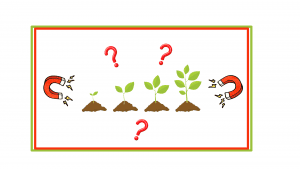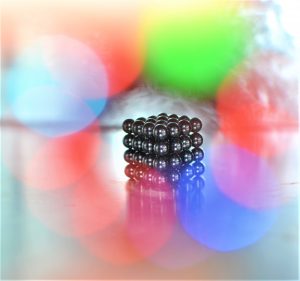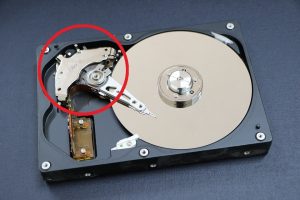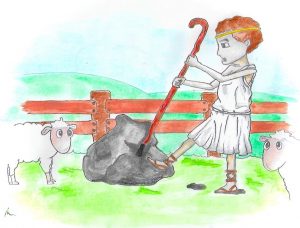How to get rid of limescale
Limescale, an unpleasant part of our homes. But we can’t avoid it. We mostly see it in the bathroom or in the kitchen, and it does not have a very aesthetic effect on visitors. If you regularly struggle with limescale and hard water, this article is worth reading.
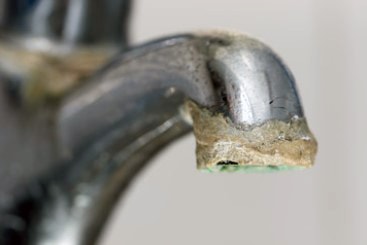
Why does limescale form?
Limescale is caused by hard water, specifically calcium carbonate and magnesium carbonate, which are dissolved in hard water. At a high temperature (such as in a kettle), these compounds precipitate on the surface of the container as limescale. It is an insoluble deposit of calcium carbonate and magnesium carbonate, sometimes white, sometimes yellowish in colour. It is not hard to find, mostly accumulating on faucets, washing machines, tiles, etc.
What problems does hard water cause?
The biggest risk is limescale for water pipes and electrical appliances working on the basis of heating water:
- If limescale settles on the inside of the pipes, it will impair water circulation and reduce the performance of heating devices. This significantly increases heating costs. Limescale can even clog pipes and prevent water from flowing completely.
- Limescale deposits can damage electrical appliances, most often washing machines. Manufacturers often refuse to accept claims in such cases.
- Limescale can also cause aesthetic damage: destroy the shine of water taps or a shower, bathtub, toilet…
- Hard water can have unwanted effects even before it forms limescale. It reduces the effectiveness of detergents and fabric softeners, thereby increasing their consumption. Laundry sometimes remains imperfectly washed or hardened. Hard water can also be recognized by the fact that the soap foams less on your hands and it takes longer to wash it off.
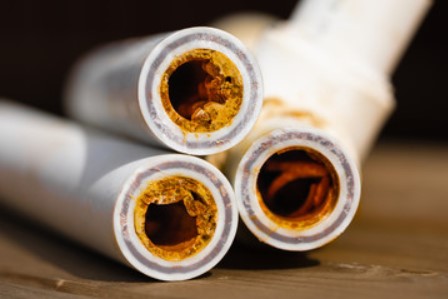
Is limescale harmful to health?
Limescale is not harmful to the human body. A small amount of limescale in a kettle or other appliance from which we drink water or coffee has no harmful effects on the human organism. But that does not apply to the skin and hair. Hard water is detrimental to both as causes them to become dehydrated.
How to remove limescale – vinegar and lemon
There are a large number of commercial products on store shelves that guarantee 100% effectiveness in removing limescale. However, 100% does not exist in the real world. That’s why it’s sometimes worth using tried and tested old “grandmother’s” advice. One of them (you’ve probably heard of it) is citric acid and vinegar. While there’s no thrill in imagining the smell of such a combination, many people promise beneficial effects against limescale.
Citric acid:
- Pour some water into the kettle and add citric acid (or lemon juice)
- Shake the water in the kettle and let it work for an hour
- Rinse and repeat as needed
Vinegar:
- Pour water and vinegar in a 1:1 ratio into the kettle
- Heat the water in the kettle, but be careful not to let the liquid reach the boiling point
- Leave it in for 2-3 hours. For now, the limescale will gradually dissolve.
- Finally, rinse the kettle and repeat as necessary.
How to prevent limescale formation
Chemical water softener
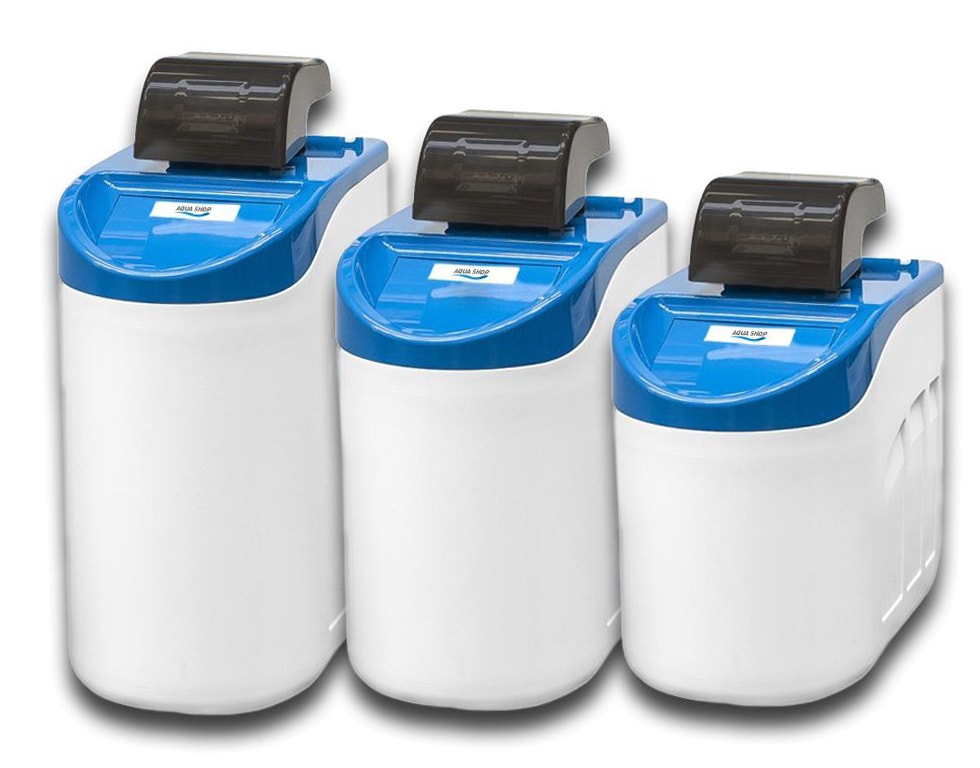
The most effective way to prevent the formation of limescale is using water softeners. They work on the basis of hard water filtration that removes calcium and magnesium. As this involves chemical filtration, salt tablets must be regularly added to the softener. With this variant, you have to count on more valuable softener and electricity consumption. The prices of chemical softener systems range from €400 to €2,000. Regular servicing of the equipment is also necessary, which the given company should provide. Another disadvantage is that it takes up space. You must reserve a place for the water softener to install it with the water supply.
Watering the flowers with chemically softened water is not recommended. Chemical softeners remove calcium from water and replace it with sodium. Many plants cannot absorb high amounts of sodium, which eventually leads to their drying out.
Magnetic water softener
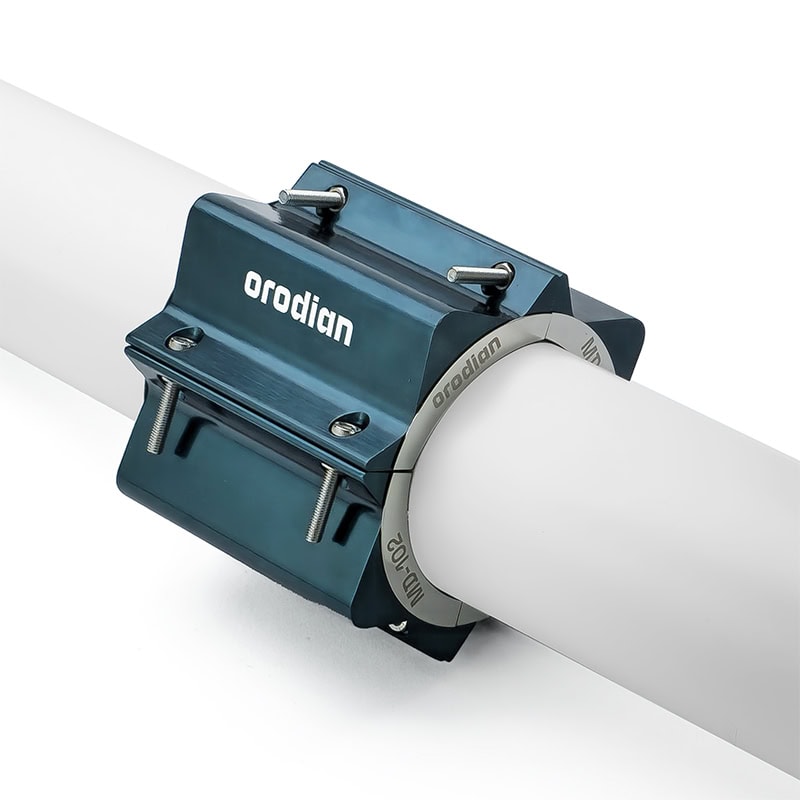
The second type of water softeners are magnetic water softeners. It is a pair of strong magnets that are placed on opposite sides of the pipe. When water flows through the magnetic field, small calcium carbonate crystals begin to form in it, which are washed away with the water flow. As long as the water is magnetised in this way, limescale does not form in it. Over time, even the existing deposits of limescale will begin to dissolve.
Magnetic water softeners are significantly cheaper than chemical ones, where their price starts from €35. The advantage is their small size and easy installation on the water pipe, and no experienced worker is needed. You simply attach the magnet to the pipe and screw it on.
Unlike chemical softeners, magnetic water treatment is free of operating costs (no need to change cartridges as with chemical softeners, zero electricity consumption). Magnets do not come into contact with water and therefore there is no hygienic risk.
You can also buy magnets for treating hard water from us at www.orodian.com:
The disadvantage of magnetic water softeners is that their effectiveness cannot be guaranteed, because it depends on the exact composition of the water, which varies in different parts of Slovakia. That is why we allow our customers to return the softener within six months if it does not bring them results.
If you are worried that magnetic treatment of water will not help you, we recommend you to try it anyway, as it is risk-free. Order a suitable softener from our e-shop and if you don’t notice any changes in your water after a few months, we will refund your money. Approximately 5% of customers return the softener to us within 6 months, from which we conclude that most customers are satisfied with the results.
If you need advice on choosing a suitable softener, call us at +421 46 202 1200 or write to info@orodian.com.

